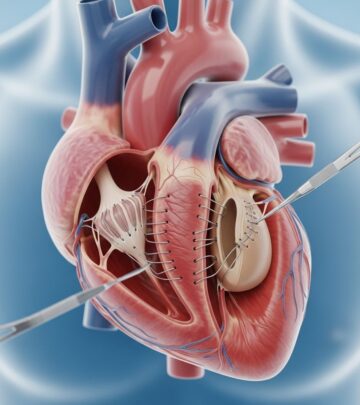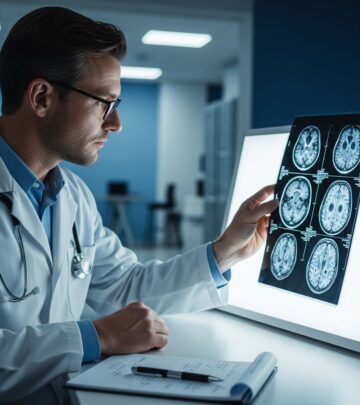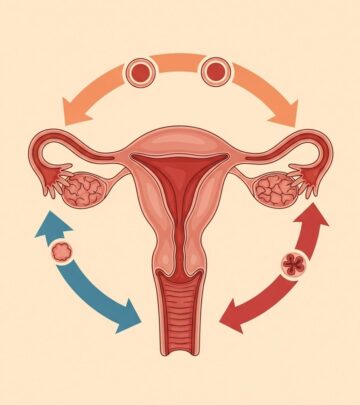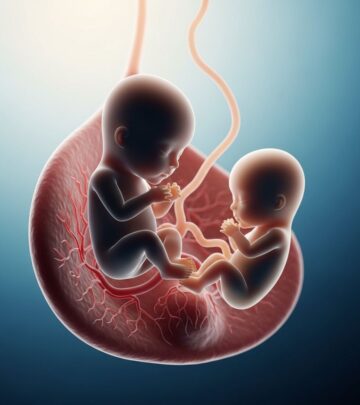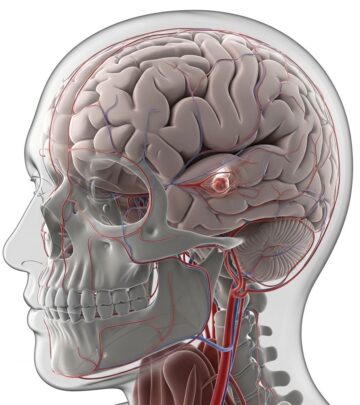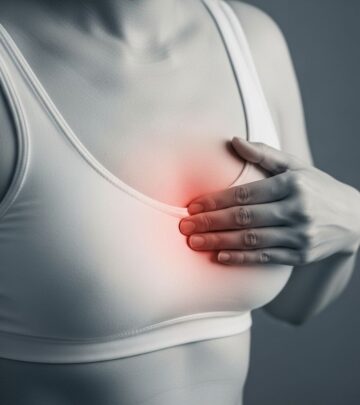Estrogen’s Role in the Female Body
Understanding the Impact of Estrogen on Women's Health
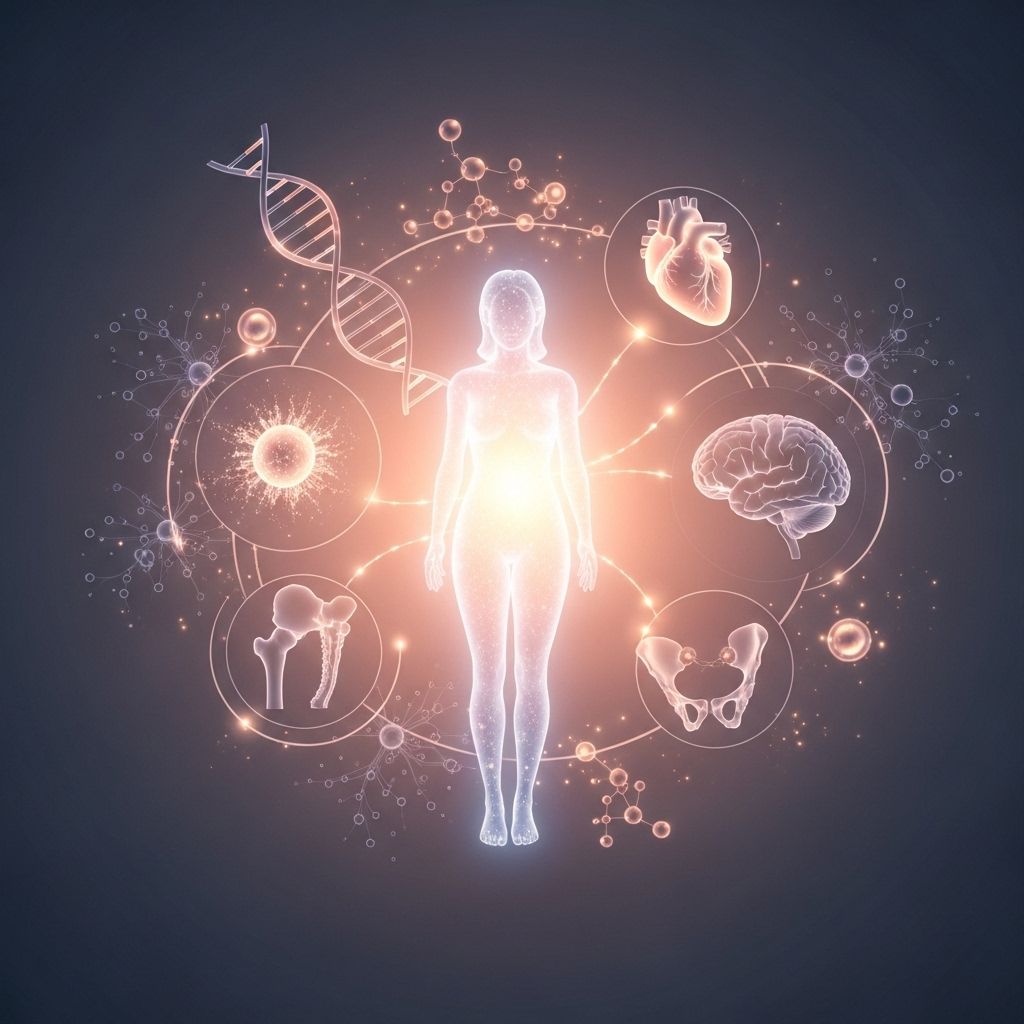
Introduction to Estrogen
Estrogen is a vital sex hormone that significantly impacts various aspects of women’s health. Produced mainly by the ovaries, estrogen plays a central role in maintaining reproductive health and is also crucial for bone density, skin health, and emotional well-being.
Estrogen and the Reproductive System
Estrogen levels fluctuate throughout the menstrual cycle and are essential for ovulation and the thickening of the uterine lining in preparation for potential pregnancy. It influences the development of secondary sex characteristics during puberty and enhances fertility during the peak estrogen phase leading up to ovulation.
Estrogen’s Impact on Other Body Systems
- Bone Health: Estrogen is crucial for maintaining bone density. The decline in estrogen during menopause can lead to osteoporosis, making bones more susceptible to fractures.
- Cardiovascular Health: Estrogen has protective effects on the heart and blood vessels, which diminish after menopause, increasing the risk of cardiovascular diseases.
- Urinary Tract Health: Estrogen helps maintain the health of the urogenital system by keeping tissues thick and elastic, reducing the risk of urinary incontinence and infections.
- Emotional and Mental Health: Estrogen influences mood regulation and is linked to conditions like premenstrual syndrome (PMS) and postpartum depression.
Estrogen Imbalance and Menopause
As women approach menopause, estrogen levels decrease, leading to symptoms such as hot flashes, mood swings, and vaginal dryness. This decline also affects bone density and heart health, as mentioned earlier.
Frequently Asked Questions (FAQs)
Q: What are the main symptoms of low estrogen?
Common symptoms include hot flashes, mood changes, vaginal dryness, and decreased libido. In severe cases, it can lead to osteoporosis and an increased risk of heart disease.
Q: How is estrogen replacement therapy used?
Estrogen replacement therapy (ERT) is used to alleviate severe menopausal symptoms. It involves taking small doses of estrogen, often combined with progesterone, to restore hormone balance.
Q: Can lifestyle changes affect estrogen levels?
Yes, lifestyle changes such as maintaining a healthy weight, reducing stress, and consuming a balanced diet can help stabilize estrogen levels and mitigate symptoms of imbalance.
References
- https://my.clevelandclinic.org/health/body/22353-estrogen
- https://www.youtube.com/watch?v=CTT84oxjbFE
- https://hub.jhu.edu/2024/10/15/menopause-womens-health-pbs-documentary/
- https://www.healthdigest.com/1021331/what-happens-to-your-body-when-you-take-estrogen/
- https://www.webmd.com/women/estrogen-and-womens-emotions
Read full bio of medha deb

